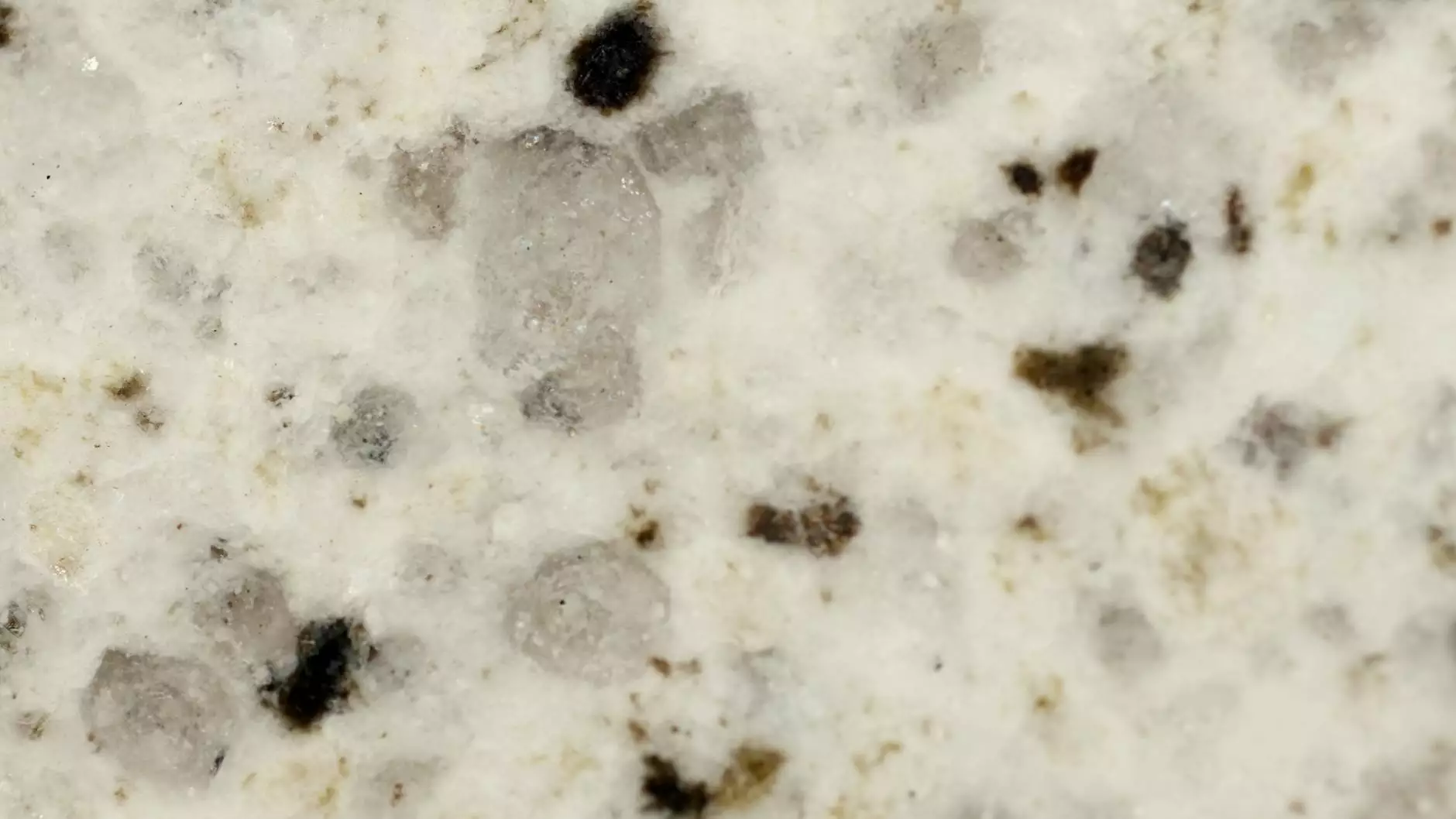Black Spots in Stool: Causes, Symptoms, and Prevention

Introduction
When it comes to our digestive health, paying attention to the appearance of our stool can provide valuable insights. If you have noticed black spots in your stool, it can be alarming and may raise concerns about your overall well-being. In this comprehensive article, we will explore the causes, symptoms, and prevention methods related to black spots in stool. Additionally, we will look at how nutritionists and alternative medicine can play a significant role in managing this condition effectively.
Understanding Black Spots in Stool
Black spots in stool can manifest as small flecks, specks, or larger patches that appear dark or even black. While it can be unnerving, it is important to note that black spots in stool may not always indicate a serious underlying medical condition. However, it is crucial to investigate further to determine the root cause.
Possible Causes
There are several potential causes for black spots in stool:
- 1. Dietary Factors: Certain foods, such as blackberries, dark leafy greens, or even black licorice, can contribute to discoloration in stool. Consuming a variety of these foods can increase the likelihood of observing black spots.
- 2. Blood in the Stool: Black spots in stool can result from the presence of blood. This could be indicative of bleeding in the gastrointestinal tract, often caused by conditions like peptic ulcers, gastritis, or even colon cancer. It is essential to consult with a healthcare professional for proper diagnosis if blood is suspected in your stool.
- 3. Medications and Supplements: Certain medications or iron supplements, when taken in excessive amounts, can lead to changes in stool color. Specifically, iron supplements are known to cause black-colored stool.
- 4. Gastrointestinal Disorders: Conditions such as gastroesophageal reflux disease (GERD), Crohn's disease, or even diverticulitis can result in the appearance of black spots in stool. These conditions often require specialized medical attention.
- 5. Infections: Certain infections, like gastrointestinal bleeding caused by H. pylori bacteria, can cause black spots in stool.
Identifying Symptoms
While black spots in stool are a noticeable symptom, it is important to be aware of accompanying signs. Keep an eye out for the following:
- Blood in stool
- Abdominal pain or discomfort
- Nausea or vomiting
- Unexplained weight loss
- Changes in appetite
If you experience any of these symptoms in addition to black spots in your stool, it is advisable to seek medical attention promptly for further evaluation and diagnosis.
Your Role as a Nutritionist
When black spots in stool are not a result of serious underlying conditions, nutritionists can play a crucial role in helping individuals improve their digestive health by focusing on diet and lifestyle modifications.
1. Dietary Recommendations
As a nutritionist, you can guide individuals to make informed dietary choices to prevent or alleviate black spots in stool. Emphasize the importance of a balanced diet that includes fiber-rich foods, fresh fruits, vegetables, and lean proteins. Encourage clients to stay hydrated and consume a variety of foods to ensure proper nutrient intake.
2. Identifying Food Triggers
Work closely with clients to identify any potential food triggers that may lead to black spots in stool. This can involve eliminating certain foods from their diet and monitoring changes in stool appearance. Keeping a food diary can be immensely helpful in identifying patterns and making necessary adjustments.
3. Lifestyle Modifications
Alongside dietary changes, incorporating positive lifestyle modifications can be beneficial. Encourage clients to engage in regular physical activity, manage stress levels effectively, and promote healthy sleeping habits. These factors can positively impact overall digestive health.
The Role of Alternative Medicine
Alternative medicine approaches can complement traditional medical treatments in managing conditions related to black spots in stool. While it is important to consult with healthcare professionals, various alternative therapies and remedies can be explored:
1. Herbal Remedies
Herbal remedies such as chamomile, ginger, or peppermint can help soothe the digestive system and aid in reducing stomach discomfort or inflammation that may contribute to black spots in stool. Always consult with an experienced herbalist or naturopath before incorporating any herbal remedies.
2. Acupuncture
Acupuncture, a holistic approach originating from Traditional Chinese Medicine (TCM), has shown promise in alleviating gastrointestinal issues. Stimulating specific acupuncture points can help regulate digestion and promote overall digestive health.
3. Probiotics and Digestive Enzymes
Probiotics and digestive enzymes are popular alternative supplements that can assist in maintaining a healthy gut. Probiotics help restore the balance of good bacteria in the digestive tract, while digestive enzymes aid in the breakdown of food, ensuring optimal nutrient absorption.
Prevention and Conclusion
Prevention plays a crucial role in managing black spots in stool. By identifying and addressing the root causes through medical intervention, dietary modifications, and alternative therapies, individuals can strive for better digestive health.
Remember, if you notice black spots in your stool, it is always advisable to consult with a healthcare professional to rule out any underlying serious conditions. Nutritionists and alternative medicine practitioners can offer valuable guidance and support throughout this process.
Take control of your digestive health today, and prioritize your well-being. Together, let's strive for a healthy and balanced lifestyle.










